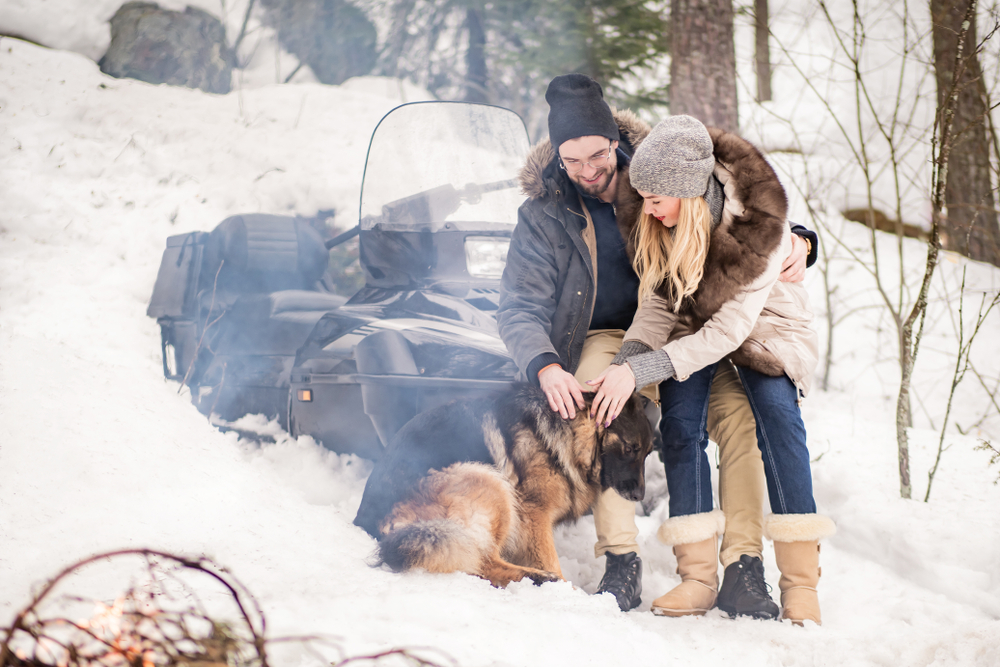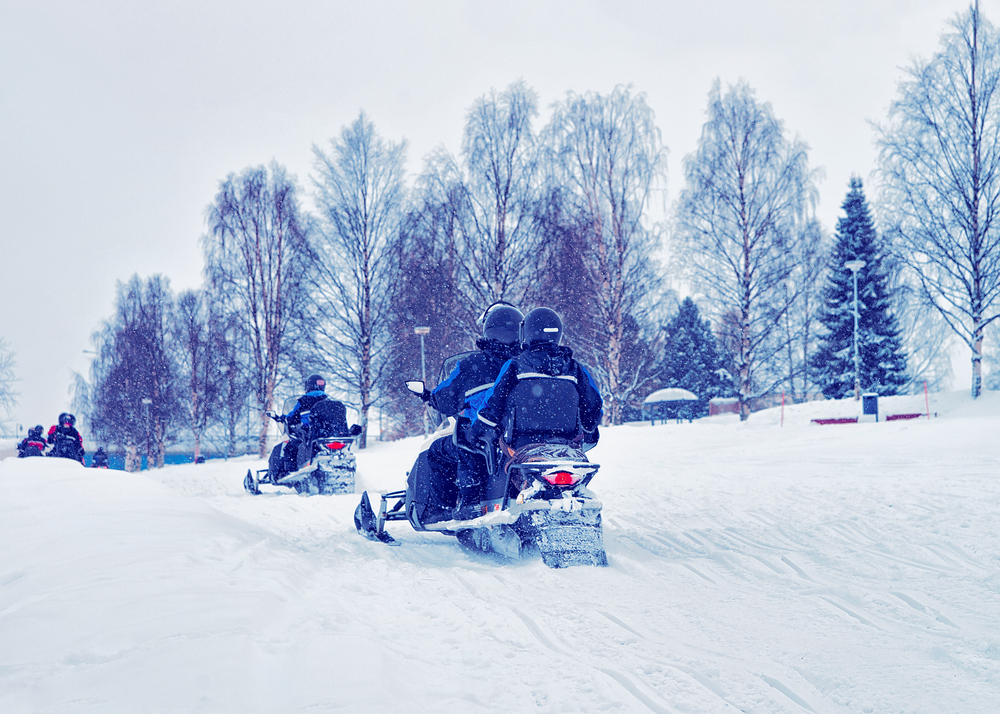The Key Differences Between Snowmobile and Auto Insurance

What if you had to call in a claim, but you weren’t sure exactly how your coverage worked?
That is a situation winter warriors face every year if their snowmobiles get damaged. In that case, you hopefully have snowmobile insurance, but do you know how that differs from automobile insurance? For that matter, do you know everything that it covers and whether or not you are getting a good deal?
When you hit the slopes — and the slopes hit back — the last thing you want is an unpleasant surprise. This guide will walk you through the key differences between snowmobile and auto coverage as well as everything else you will need to know before your next ride!
What Is Snowmobile Insurance?
In practice, snowmobile insurance works very much like your automobile coverage. At the bare minimum, it provides liability coverage that helps pay for any damages that you may cause to other people or their property.
As with automobile insurance, most states legally require you to get liability coverage for your snowmobile. While that is the legally required minimum, you should strongly consider getting additional coverage, such as collision insurance, especially if you are riding an expensive vehicle.
Different Types of Snowmobile Insurance
Another way that snowmobile and automobile insurance are similar is that you can add different kinds of coverage to your policy. The most popular addition is collision coverage; this helps pay for repairs to your ride even if you were the one liable for causing an accident.
You can also get comprehensive coverage that protects your snowmobile when you are not behind the wheel, which safeguards against theft and vandalism. Finally, you may want to add uninsured/underinsured motorist protection (which helps if you or your ride are injured by someone with little to no coverage) and medical payments coverage (which pays for hospital bills regardless of who is at fault for an accident).

Benefits of Snowmobile Insurance
While liability coverage may be a legal requirement in your state, there are additional protections you can add to your policy. Why not just stick with the minimum requirement, though? To answer that question, you need to know a bit more about the benefits of snowmobile insurance.
As with car insurance, the main benefit of this coverage is that it can protect both your bank account and your vehicle. The liability coverage means you will not have to pay for damages you accidentally cause (up to your limit) out of pocket. Meanwhile, collision and comprehensive coverage help protect what may be a very pricey snowmobile. For one monthly premium, you can make sure that a single careless moment does not land you thousands of dollars in debt and take you off the slopes for good!
Key Differences in Snowmobile vs. Auto Insurance
The biggest difference between snowmobile and auto insurance is that they are separate policies. So, if you were asking, “Does auto insurance cover snowmobiles?”, the answer is no … you will need to purchase a separate policy for your snowmobile.
Another difference in types of coverage is that snowmobile coverage tends to be simpler. There are fewer factors that can drive your prices up, and most insurers group riders into broad categories such as “experienced rider” (which means four years or more of experience) vs. “newer rider.” The end result is that your paperwork will be easier to fill out, and you are more likely to get a better deal on your monthly premiums.
Get the Best Snowmobile Insurance Today!
Now you know the main differences between snowmobile and auto insurance. But do you know who can provide you with the best of both so all your rides are covered?
Here at InsureOne, we take our customers just as seriously as you take your winter adventures. When you are ready for the best coverage, we are ready for you to get a quote online. If that is not your speed, you can always pick up the phone and give us a quick call at 800-836-2240. Finally, feel free to come into one of our nearby offices at your earliest convenience!


